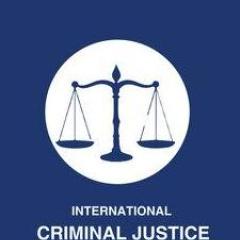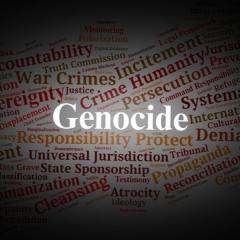The Asia Pacific Centre for the Responsibility to Protect (APR2P) unequivocally condemns recent attacks on civilians in the Hela province of Papua New Guinea and calls on all parties to the conflict to refrain from further violence. The Government of Papua New Guinea has the primary responsibility to protect its populations from atrocity crimes of this kind. It should take urgent action to prevent further violence and address its root causes. International partners should encourage and assist the Government of Papua New Guinea.
Over 20 people have been killed, including pregnant women and children, during alleged tribal violence in the villages of Peta and Karida, in an apparent cycle of retaliatory violence.[1] According to the head of mission for the International Committee of the Red Cross in PNG, tribal warfare can be indiscriminate or intentionally target women and children.[2]
In its atrocity risk assessment for Papua New Guinea, completed in December 2018, APR2P has warned that unresolved inter-tribal conflict loyalty, stemming from competition for land and resources as well as from the use of violence as a customary dispute resolution mechanism (‘payback’) has led to heightened risk of atrocity risks.[3] Conflicts are triggered by land disputes, political rivalries or retaliation among other factors. Over the past few years, such violence has included murder, destruction of property, assault, forced displacement.[4] Tensions have been compounded recently by competition over access to, and control of, natural resources. In addition, efforts to prevent intertribal violence have been hindered by the lack of accessibility to remote areas in the highlands.[5]
We warned that these patterns of violence went largely ignored and little was being done by national authorities or international partners to prevent or address it. In May 2018, we have called for action to, amongst other things, strengthen norms against violence and security governance across the country. Prime Minister James Marape has raised the issue of police shortage in the area, where a province of 400,000 people has fewer than 60 police officers.[6] Tragically, not enough was done to address these issues and violence has now escalated into atrocity crimes.
Urgent action is needed to prevent further violence but it is important that all actors avoid excessive force or the deliberate targeting of civilians or particular groups based on identity.
The APR2P supports the increased military and police presence in the affected areas to prevent any further violence and calls on the government and police to hold perpetrators accountable and restore the rule of law. At the same time, the Centre calls for restraint from PNG security forces and the fair implementation of justice, warning that the use of heated language from the government and threats of the death penalty are likely to inflame tensions further.[7]
The horrific crimes highlight the danger of increased access to modern small and light weapons enjoyed by tribal groups.[8] As part of its effort to prevent future atrocity crimes the Government of PNG should review and evaluate regulations governing the supply and use of firearms.
The history of violent inter-tribe conflict in PNG remains an underlying risk factor for further atrocity crimes, should the provocation of this recent attack be used to justify subsequent violence.
The APR2P Centre condemns the recent killings and encourages the Government of Papua New Guinea to take steps to fulfil its Responsibility to Protect, by ensuring that populations are protected and preventing any further escalation of violence. It must take immediate steps to prevent further violence, ensure accountability, and address the root causes. International actors and partners must do all they can to support Papua New Guinea to prevent further atrocity crimes.
An indepth report that uses the Framework of Analysis for Mass Atrocity Crimes, a tool developed by the UN Special Advisors on the Prevention of Genocide and R2P for PNG will be published in mid July 2019.
A PDF version of our statement can be downloaded here (PDF, 126KB), or can be accessed along with other statements from our Statements page.
For further information, please contact:
Alex Bellamy
Director, Asia Pacific Centre for the Responsibility to Protect
E: a.bellamy@uq.edu.au
[1] https://www.smh.com.au/world/oceania/pregnant-women-children-reportedly-killed-in-png-violence-20190710-p525t6.html
[2] https://www.abc.net.au/news/2019-07-10/png-tribal-massacre-poor-policing-weapons-influx-fuel-violence/11297136
[3] APR2P Risk Assessment on Papua New Guinea, December 2018
[4] Ibid
[5] APR2P Risk Assessment on Papua New Guinea, December 2018
[6] https://www.abc.net.au/news/2019-07-10/png-tribal-massacre-poor-policing-weapons-influx-fuel-violence/11297136



